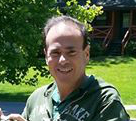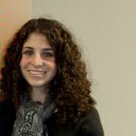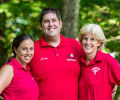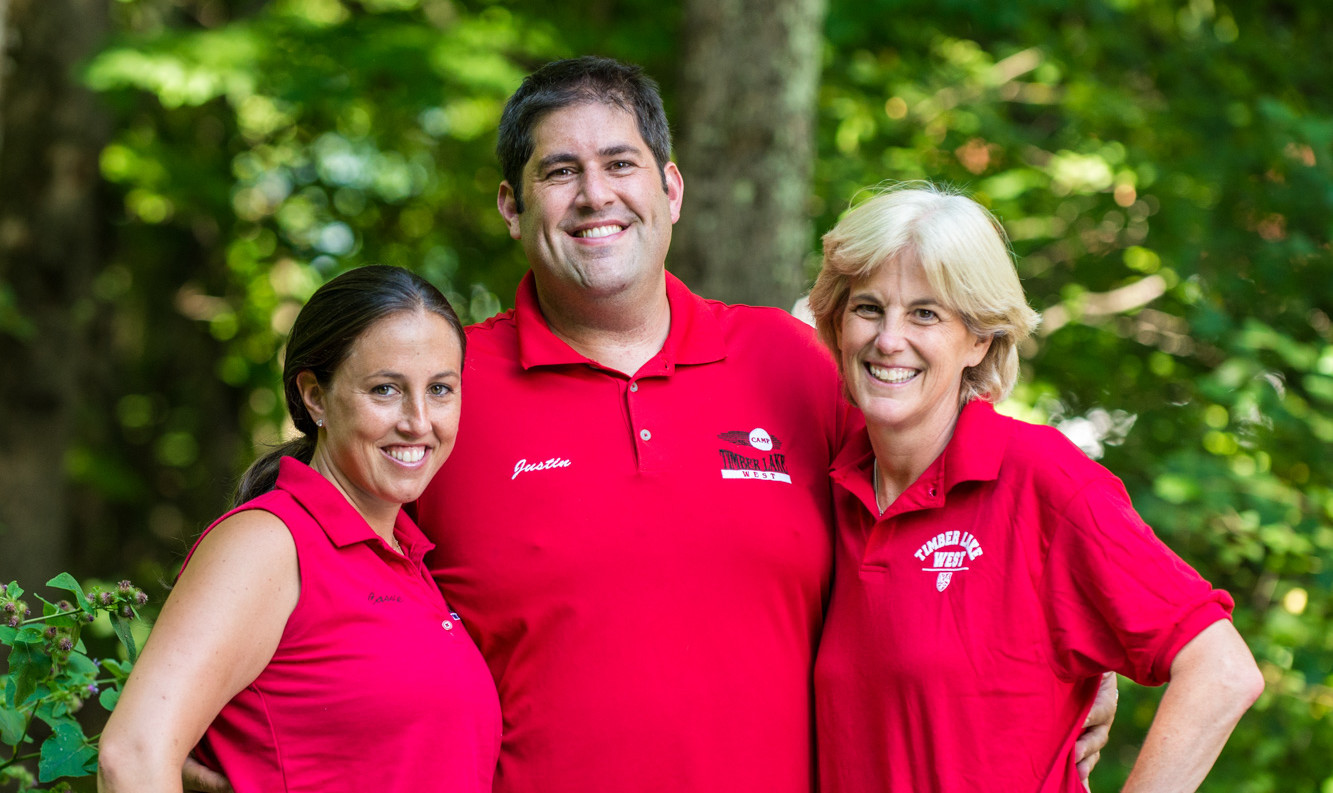The Right Kind Of Praise For Your Child
An essential piece in the development of every child is the process by which they come to feel good about themselves: building positive self-esteem. Parents start the process on a baby’s first day and continue throughout their child’s growing years. At their earliest age, children get used to the effusive praise of parents and other adults. Neil Armstrong’s first step on the face of the moon was nothing compared to your child’s first step on the living room carpet.
Praising our children seems so logical and natural that it just doesn’t seem possible that there is a right way to do it – and a wrong way. In a recent article by Katy Waldman, published by The Slate Group, the author points to recent studies that distinguish between positive and negative praise, effective and ineffective praise. One of the key findings is that the effect of praise depends “on the characteristics of the kid receiving it.”
Children with already high self-esteem and confidence respond to effusive praise, with a willingness to take more risks to earn more of the same praise. However, children with lower self-esteem tend to avoid taking greater risks, in the face of over-the-top praise because they “fear revealing their deficiencies.” What is also interesting is that adults (parents in particular) tend to ratchet the praise level up the lower they think a child’s self-esteem is – exactly the opposite of what is best.
“With good intentions, we’re more likely to over-praise the very kids who suffer when they’re over-praised – to paralyze them with implied expectations.”
Children can also get “addicted” to highly effusive praise. “Compliments, like sex or drugs, activate reward circuits in the brain.” Too much praise can leave children “hungering for (their) next payload of applause.” The result is a “dependence on praise” that “correlates negatively with persistence.” Children who are addicted to praise give up quicker when it is no longer forthcoming.
Waldman points out that often “parents use praise not to accurately describe a kid’s isolated achievement but to show affection.” Children are smart. It doesn’t take long before they catch on. Over time, the impact of parental praise wears thin both because children begin to expect it, but they correctly write it off for what it is: the efforts of loving parents that are directed more at making them feel valued, rather than accurately assessing their specific achievements. In short, children begin to grow somewhat immune from the effects of parental excessive praise.
That’s where places like camp come in. At camp, the staff is trained in the techniques of properly building self-esteem and self-confidence. Appropriate praise for best efforts and true accomplishments work to promote confidence and continued risk-taking. The compliments bestowed by coaches and counselors, never mind the unsolicited positive, feedback from a child’s peers, all operate to build self-esteem. As a child gets older, the impact is far greater than the praise from home because of from where it comes: independent, unconnected adults and friends. The compliments from coaches and counselors and peers are, simply, just more credible. That’s why places like camp can make such a positive impact – and do.
So what is a parent to do?
• Keep praise truthful – remember: overly effusive praise lacks credibility.
• Do not praise for minor tasks or abilities – it’s a sign of a lack of confidence.
• Be specific – praise should specify WHY you think the outcome is so good.
• Praise children for just trying and for trying hard – regardless of the outcome.
• Use praise to build self-esteem and confidence – not to demonstrate affection.
We want our children to grow into self-confident, balanced adults with appropriate self-awareness. We want them to exhibit strength and an ability to accept the risks inherent in life’s challenges with both persistence and the resilience to bounce back when things don’t go as hoped for or planned. We want them to like themselves without becoming narcissistic.
Helping our children develop into successful, self-assured adults ready to tackle the world’s challenges requires just the right kind of positive motivation as they grow to maturity. At camp, the feedback and encouragement of a properly trained staff committed to that end, compliments the balanced praise children get at home. It is how we work together to produce just the right outcome for every child.













